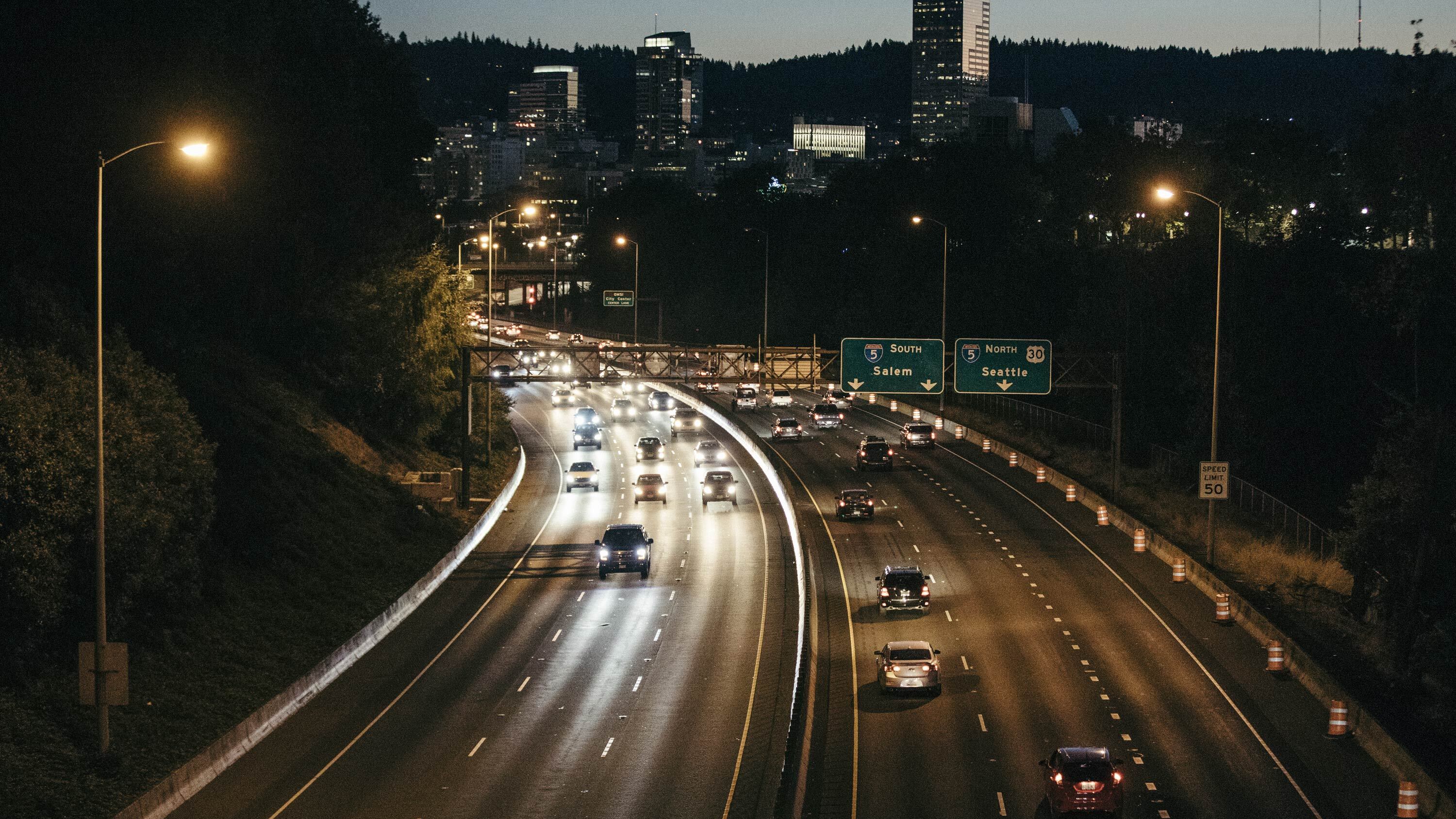Over the beer-soaked Labor Day weekend, Portland police joined seven other law enforcement agencies in arresting people driving drunk on local highways. The arrests included one intoxicated driver cruising at 114 mph on Highway 26.
It's a time-honored tradition in law enforcement to throw extra resources during the holidays at drunk drivers, among the biggest killers of Oregonians.
But it's increasingly rare in Portland.
New figures obtained by WW show that drunken-driving arrests in Multnomah County have plummeted. And police concede that's because they aren't watching as closely as in the past.
In 2011, according to court records compiled by the Oregon Criminal Justice Commission, 1,022 motorists were charged in Multnomah County Circuit Court with driving under the influence of intoxicants. Five years later, in 2016, only 459 people were charged in Multnomah County, where the Portland police make the majority of DUII arrests.
Police say it is not because the streets are safer, but instead because the Portland Police Bureau has reduced the number of traffic cops they place on the streets to pull people over.
"There are fewer traffic division officers than in the past and a greater expectation for traffic officers to assist with calls for service," says police spokesman Sgt. Christopher Burley. (Calls for service include every 911 call to report crimes or ask for police assistance.) "These factors limit the amount of self-initiated policing as it relates to traffic stops and patrolling roadways to attempt to locate intoxicated drivers."
In other words, police say they are too busy responding to other problems to watch for drunken drivers.
The numbers obtained by WW offer an incomplete picture of DUII charges—only data for 2011 and 2016 were available at press time—but are part of a national drop in drunken-driving arrests. (Some national observers credit the rise of ride-hailing companies like Lyft and Uber.) The sharp drop in such arrests comes even as City Hall has promised to reduce traffic deaths.
In 2011, the Police Bureau 's traffic division (the division that does the majority of drunk driving arrests) employed 66 officers. In this year's budget, that number is 34, while overall police staffing funded for the bureau stayed basically flat.
That's puzzling because Portland City Hall has pledged for the past three years to reduce the number of people who die in traffic. They call this promise "Vision Zero," because they say they want to reduce the number of people killed by cars to zero by 2025.
The number of traffic deaths has not decreased, however. In fact, 2017 was the deadliest year for people killed by cars on Portland's streets since 2003. Forty-five died in traffic accidents—far more than the 27 who died in homicides last year. Police could not say by press deadline how many of 2017's fatalities involved alcohol.
The decision to take officers away from enforcing DUII laws raises questions about police priorities, which have shifted to cracking down on homelessness.
"The police are responding to what people think is important," says Kristi Finney-Dunn, who sits on the Vision Zero board and became an advocate against drunken driving when her son was killed in a hit-and-run in 2011. "Homelessness is such a big issue, but people are thinking fender benders or risks on the road are not that important."
Finney-Dunn says enforcing laws against drunken driving can prevent tragedies—and the officers who work in the traffic division are "preventing murder or you killing yourself."
Although the bureau thinks its staffing numbers are driving most of the decrease in DUII arrests, statistics show the shift is occurring in other counties, too. Clackamas, Washington, Lane and Marion counties all saw decreases, although none were as pronounced as Multnomah County's.
The drop does not appear to be linked to a significant reduction in inebriated motorists getting behind the wheel. In 2016, 55 percent of traffic fatalities in Portland involved alcohol.
Mayor Ted Wheeler says the Portland police need more officers overall. He has not taken a position on where those officers should be deployed.
"Mayor Wheeler fully understands the urgent staffing needs in PPB," says Sophia June, Wheeler's spokeswoman. "The mayor is fully committed to achieving Vision Zero. Part of realizing that goal is ensuring PPB is staffed so officers in the traffic division can spend time patrolling in order to keep drivers, pedestrians and cyclists safe."
Calls to 911 have increased in recent years, often to report "disturbances" such as unwanted persons who won't leave a location or other nuisances. Those calls take police officers away from other tasks.
City Hall has been focused on targeting "livability" in Portland. Wheeler is under pressure to intensify that focus: This summer, the president of the Portland police union called the city a "cesspool" and declared Wheeler's attempts to end homelessness a "failure."
"Calls for service have increased since 2011 as well as the complexity of calls and the amount of time officers spend on a call," Burley says. That increase has caused the bureau to divert resources away from traffic enforcement and into other divisions focused on answering calls for help.
Portland police successfully lobbied for 58 new officers when the city created its 2018-19 budget—but the hiring process takes one-and-a-half years.
Advocates for Vision Zero haven't focused on DUII arrests—at least in part because they say they fear the effects of increased traffic policing on minorities. But they concede DUIIs remain a serious problem.
"We're trying to move away from a lot of traffic enforcement because of the disparate impact on communities of color," says Aaron Brown, a longtime advocate for traffic safety. "[But] DUIIs are definitely different because they're much more dangerous."
Finney-Dunn argues that unlike some other violent crimes, drunken driving can be spotted before it kills somebody.
"Most of the time, you can't predict murder," she says, "but DUII and speeding and cellphone risks, those are predictable and you can actually see them."
